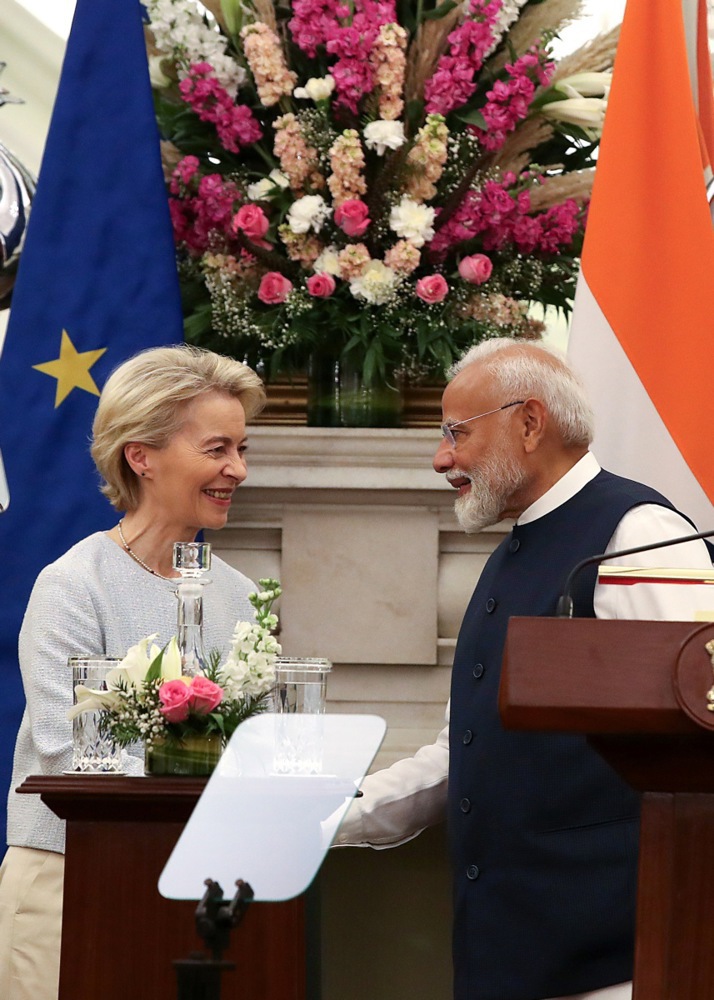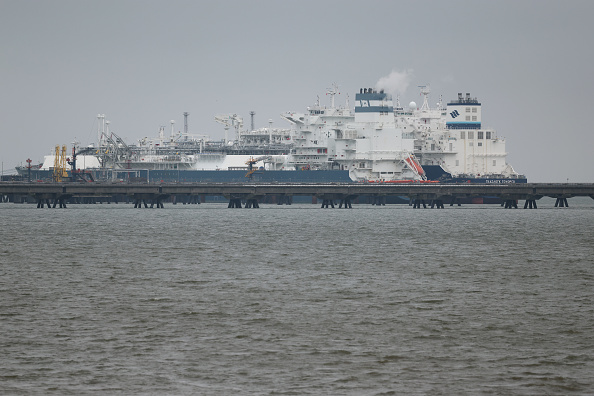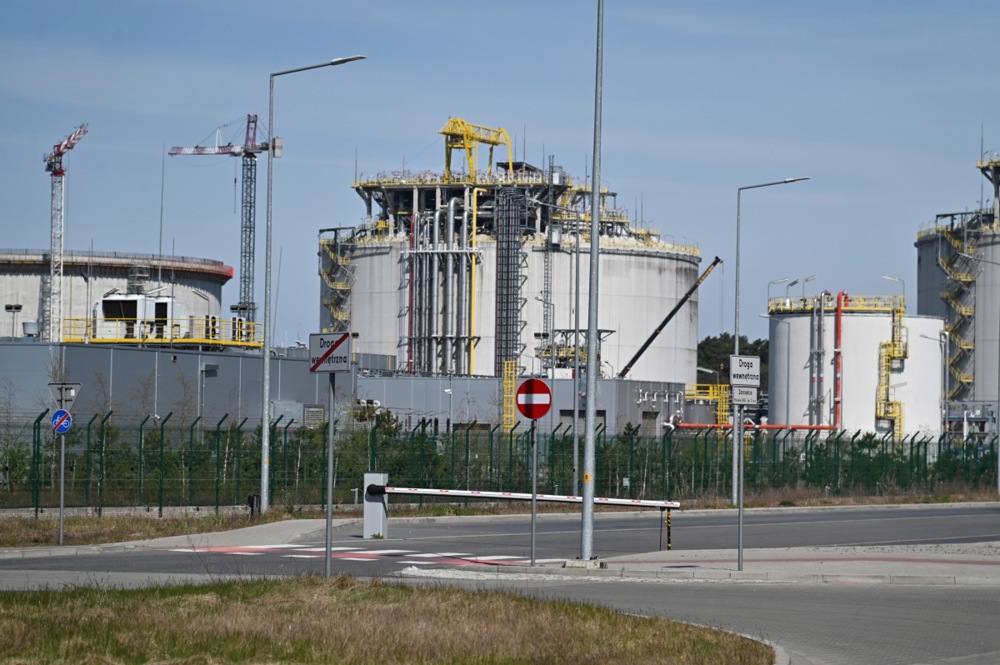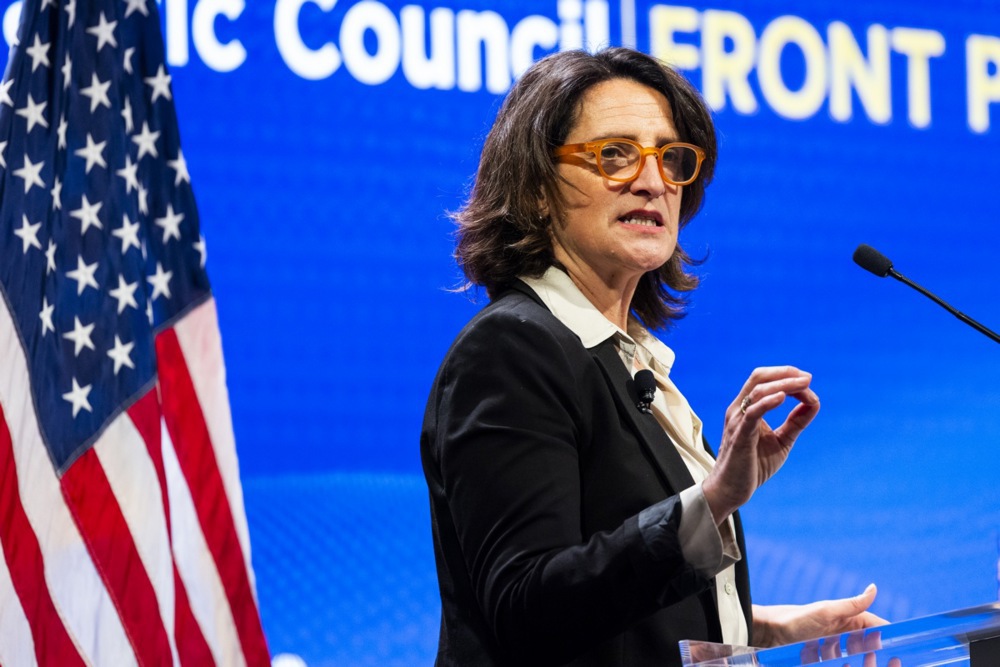Belgium’s pharmaceutical industry — which recently posted record exports to the US — now faces pressure from Washington’s new drug-price reforms.
On May 12, US President Donald Trump announced he would sign an executive order cutting prescription drug prices by as much as 80 per cent, aligning US rates with those of the lowest-paying high-income countries.
The move, framed as part of a “most-favoured-nation” policy, could dramatically undercut international pharmaceutical revenues in the world’s largest healthcare market.
The CEO of Pharma.be, the organisation that represents pharmaceutical companies in Belgium, Caroline Ven, said that “if nothing changes, we risk losing the biopharmaceutical sector as a bastion of manufacturing in our country”.
Belgian exports to US hit record highs even as the European Commission unveiled retaliation plans regarding Trump’s new global tariffs announced April 2.
Pharmaceutical products were excluded from the EU retaliation plan, as they are a key European export category, in particular from Belgium.
The US, for its part, had even beforehand announced measures to push companies to produce more within the US and reduce their dependency on imports, especially in strategic sectors like medicine.
Global healthcare stocks dropped sharply on the news of the US executive order cutting drug prices to match other countries.
The MSCI Europe healthcare index fell by nearly 3 per cent, while shares in Roche, AstraZeneca, and GSK tumbled by between 3.3 and 6.8 per cent.
“There’s going to be certain pressure on their revenues from US sales,” Swissquote Bank warned in a note quoted by Reuters.
Trump repeatedly hinted that medicines may be next in line for tariffs. Belgian economic newspaper L’Écho reported earlier this month that US probes into pharma imports were ongoing, and Washington could impose duties “within weeks”.
But rather than impose import duties, the White House was now moving to cap medicine prices directly.
Trump’s new executive order, which he said he would sign later on May 12, would limit US drug prices to the lowest amount paid by any high-income country.
The model, referred to as a “most-favoured-nation” policy, aimed to prevent Americans from paying more for the same treatments than patients elsewhere.
In practice, it would tie US prices to international benchmarks, forcing pharmaceutical firms to offer equal or lower prices to US customers — or risk losing access to the world’s most lucrative market.
The move marked a shift in Trump’s strategy to cut domestic medicine costs. Earlier attempts to use import tariffs — including targeting overseas-made pharmaceuticals — drew criticism from experts from around the world, including the US, who warned they would raise prices for American consumers.
The May 12 order followed a different route but reflected the same objective: “bringing pharmaceutical production back to American soil”.
The US currently paid some of the highest drug prices globally — often nearly three times those of other developed nations.
Trump’s pledge to close that gap has yet to be fleshed out but was already reshaping market expectations, and could influence ongoing EU-US tariff talks.
For Belgium, that pressure came just weeks after a record-breaking export month, as Belgian news agency Belga reported.
In March, Belgian exports to the US reached almost $3.4 billion — a 46 per cent year-on-year jump and more than double February’s figure.
According to newspaper De Tijd, the surge was driven by fears of imminent US trade barriers, prompting exporters to accelerate shipments before Washington imposed them.
Essenscia, a Belgian trade body for the chemical industry and life sciences sector, has warned that preserving Belgium’s global leadership in pharmaceuticals would require consistent state support, including innovation tax incentives, exemptions for research staff, and a stable regulatory environment for logistics and mobility.
ING Bank reported US tariffs could push branded-drug production towards the US, while weakening the case for re-shoring generics in Europe — a dynamic it said would threaten both competitiveness and security of supply in the EU.
At EU level, pharmaceutical firms have increased lobbying pressure in a bid to ensure future investment would remain in Europe.
ING emphasised the importance of protecting manufacturing capacity for critical generics, and warned without clear support, companies may shift operations to what they viewed as more innovation-friendly jurisdictions.





